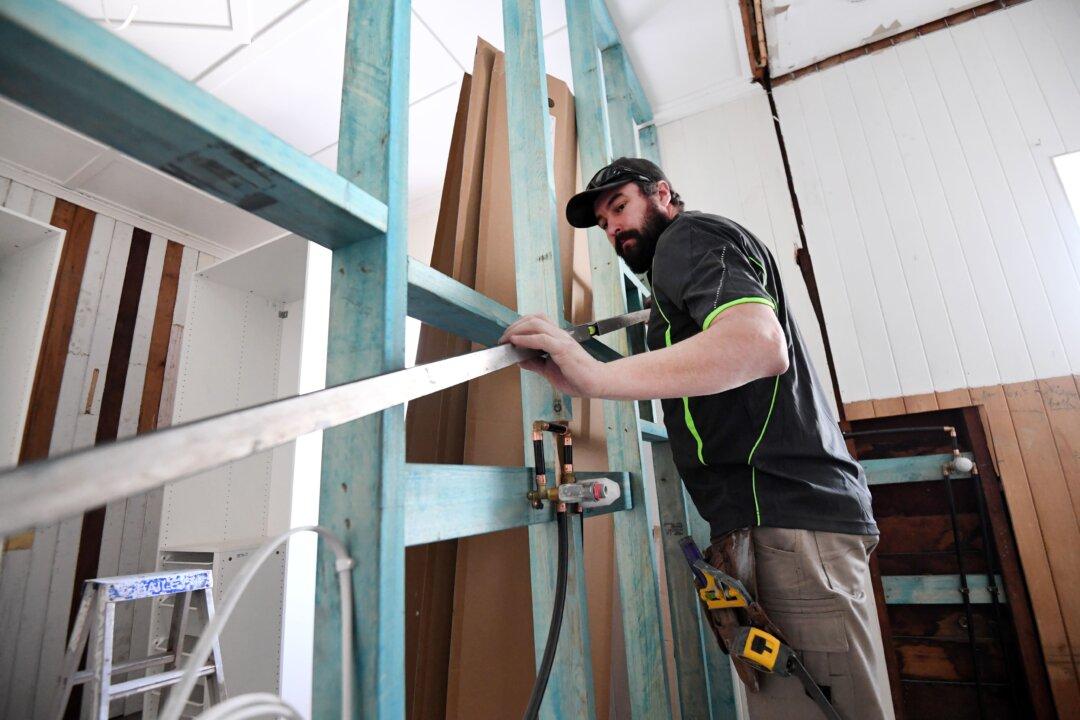Commentary
Dictatorships don’t make concessions unless they are forced to do so. They don’t make concessions as a unilateral goodwill gesture, only out of self-interest.

Dictatorships don’t make concessions unless they are forced to do so. They don’t make concessions as a unilateral goodwill gesture, only out of self-interest.